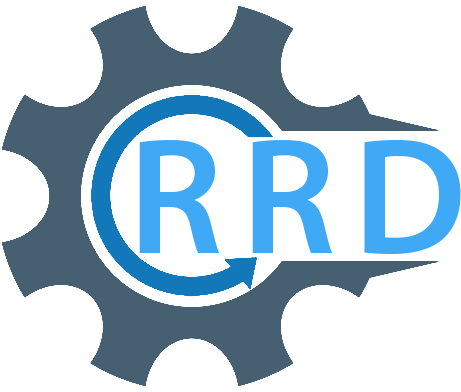Round Robin Distribution: Better alternative to Omni channel

Round Robin Distributor (RRD) app overcomes the limitations of Salesforce Omni-Channel and optimizes and simplifies complex routing logics for your Sales & Service Teams.
RRD tool is a robust, highly customizable, and open-platform solution for your distribution automation solutions and integrates with your marketing and sales automation apps like Marketo, Hubspot, and even with existing Salesforce Lead Assignment rules and Salesforce Case Assignment rules.

Round Robin Distributor addresses the following concerns for you:
1. Role based Assignment- Assign lead to multiple people working at various positions automatically by defining rules for distribution. For Instance, in Education Industry, you might want to assign Program Managers, Financial Advisor, Academic Advisor along with a Case Owner/ Contact Owner on a student which can be round robin’ed with Round Robin Distributor by simply defining the criteria for allocation.
2. Re-assign Cases to another Queue– If everyone in the selected Queue has either declined the case, capacity is exhausted or unavailability of agents, then the cases are routed to the queue with the second highest priority matching the rules logic defined
3. Priority based handling of users and queues – Through Round Robin Distributors, Administrators can define priority to case teams, users and even queues based on which the inbound record can be routed to the best available agent
4. Distribution of leads and cases to the queue– Leads & Cases can be round robin’ed between multiple queues based on the defined attribute for the incoming leads and cases through any integration or manual upload of inbound data.
5. Criteria based routing to queues – Complex AND & OR logic can be used between various attributes and corresponding values can be defined in RRD Teams for efficient allocation for organizations with complex team structures.
6. Ability to handle High-priority cases even if the Capacity is exhausted – For organizations, customer experience is of high value and to cater to high value cases, the agents should be able to respond them on priority even if the limit has been exhausted.
7. Round Robin routing method which is different from the routing method used in omni channel.
8. Eliminates the issue with Triggers and Workflow rules not working on updating by Omni-Channel
9. Handling relationship-based assignments– Useful for routing leads and cases as you want to assign them to the same person working with another case/lead from the same client.
When to not use Salesforce Omni-Channel?
This salesforce out-of-the-box functionality does come up with some limitations which makes it complex to use with other integrations and organizations looking to use advanced routing solutions for their teams.
1. In a help article by Salesforce, it is mentioned that when Omni-Channel agents are online and see an error “LIMIT_EXCEEDED, limit exceeded”, it is possible that the queue has hit the maximum limit of 200000 records. New work items will not be added to the queue or routed to agents, until the volume has lowered.
2. According to this Salesforce Article, If a work item requires certain skills, but no agents have those skills, then the work item isn’t routed.
3. Omni-Channel is not capable of assigning records to the specific agent or rep based on past relationships with the clients based on the attribute of Salesforce incoming leads, cases, accounts, opportunity and any custom SFDC object
4. A record cannot be re-assigned to another queue if the case has not been owned within the specific wait time
5. If the capacity of volume assigned to an agent is exhausted, high priority cases or hot leads couldn’t be assigned to the best available rep which impacts the business throughput


